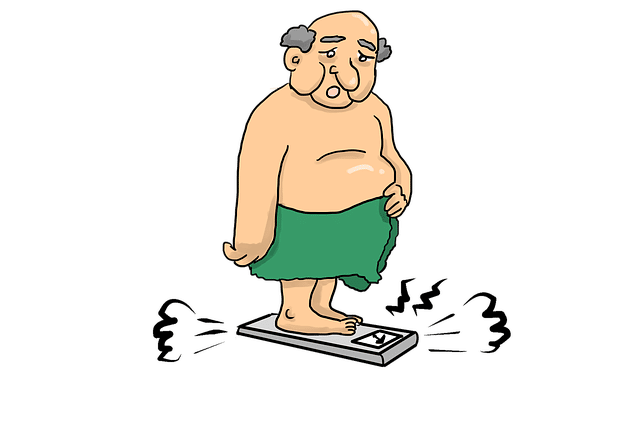
Excessive accumulation of fat in the body is harmful.
The term fat has several uses. For biochemistry, fats are organic substances that are formed when fatty acids combine with glycerin . Fatty acids, in turn, are elements that combine with bases to form salts and that, when in solution, increase the concentration of hydrogen ions.
Fats are present in numerous plant and animal tissues . The most common are triglycerides , which are composed of three fatty acids linked to a glycerin molecule. It is important to mention that fats are part of the diet of humans and most animals.
Different types of fats
It is possible to differentiate between unsaturated fats (formed by unsaturated fatty acids), present in olive oil and sunflower oil, for example; and saturated fats (which are formed with saturated fatty acids), which are found in peanut butter and bacon.
Unsaturated fats , in turn, are divided into monounsaturated fats and polyunsaturated fats . There are also trans fats , which are produced with the hydrogenation of vegetable oils.
Benefits and harms of its consumption
In the body, fats contribute to the support of organs, provide protection against the cold and allow energy production. Excessive fat consumption, however, can cause obesity and increase blood pressure and total cholesterol, increasing the risk of diabetes and heart problems.
This concept is of great interest to people, since there is a general concern to reduce the consumption of fats in the diet, but we also know that some fats are beneficial for our body. Perhaps the confusion began when health and wellness professionals publicized the high caloric content of fats in contrast to that of proteins and carbohydrates, since the proportion is more than double.
The problem is that if we stopped consuming fats completely, we would be far from improving our state of health , since these are nutrients necessary for several vital functions; For example, they are responsible for regulating hormones and transporting fat-soluble vitamins. Of course, this does not mean that we should eat any source of fat, since quality is a fundamental point in nutrition.

Olive oil is a fat whose moderate consumption provides health benefits.
Healthier fats
In other words, fats are not necessarily bad or the main cause of obesity, but some of them are beneficial for our body, but we must know how to choose them and consume them in moderation. On the other hand, it is very important to understand the difference between accumulating fat in the body and consuming it: a diet in which the components do not exceed 30 percent is ideal to take advantage of these nutrients and avoid their storage.
Among the most suitable fats for our body is olive oil , which belongs to the monounsaturated group and is a food that is as delicious as it is healthy. Although it is more expensive than other types of oil, we should not use much per dish. Extra virgin and raw olive oil is especially recommended. On the other hand, we must avoid artificial trans fats , prohibited in certain parts of the world.
Other uses of the concept
The tallow or fat of an animal is also called fat; to the dirt that is generated on clothing due to body friction; and fatty lubricants .
In countries like Argentina and Uruguay , finally, the individual with vulgar customs and tastes or the object with that style is derogatorily described as fat: "Wearing fluorescent colored clothing is fat" , "This hotel is very fat!" It has curtains with extravagant prints .
